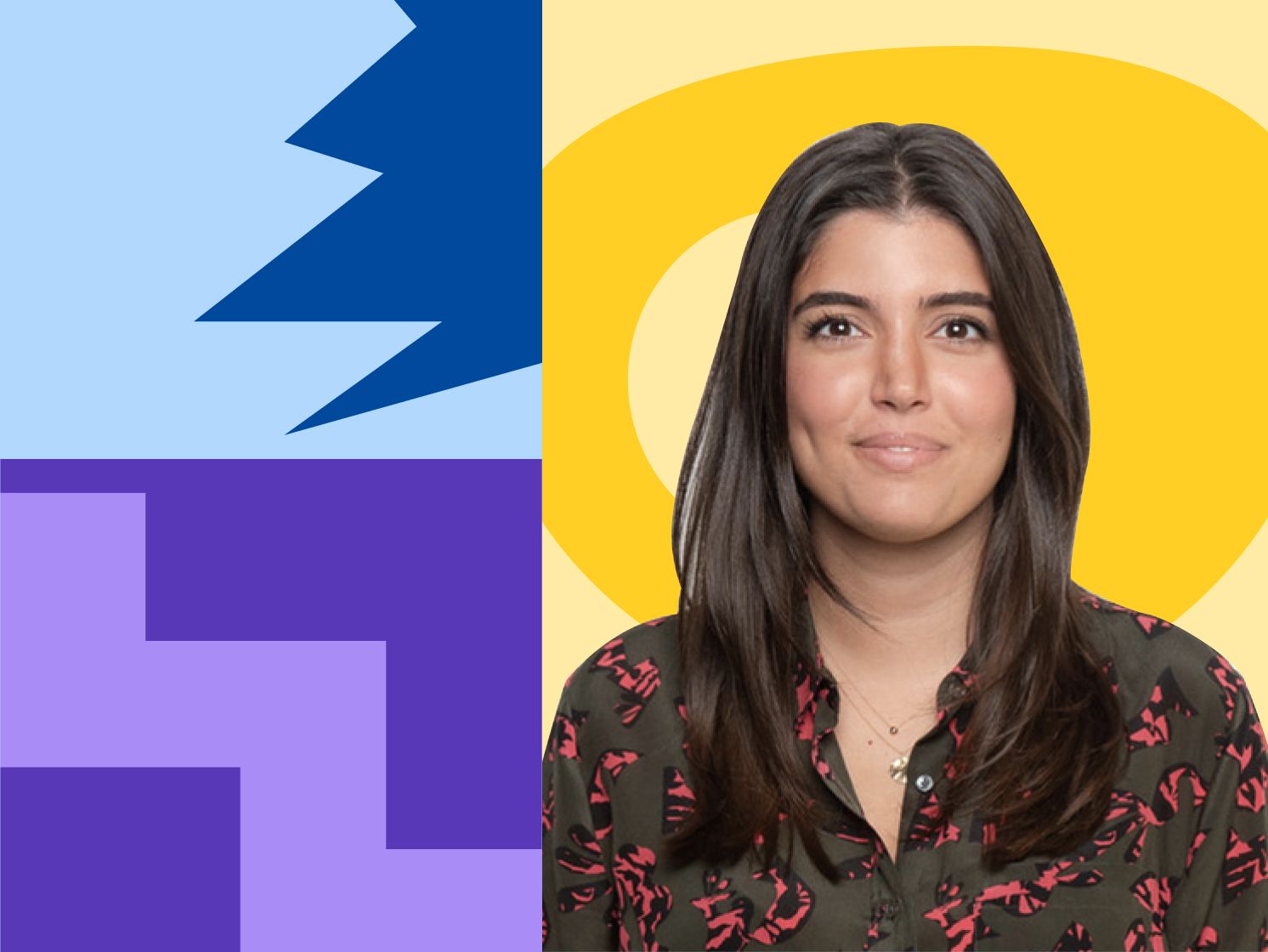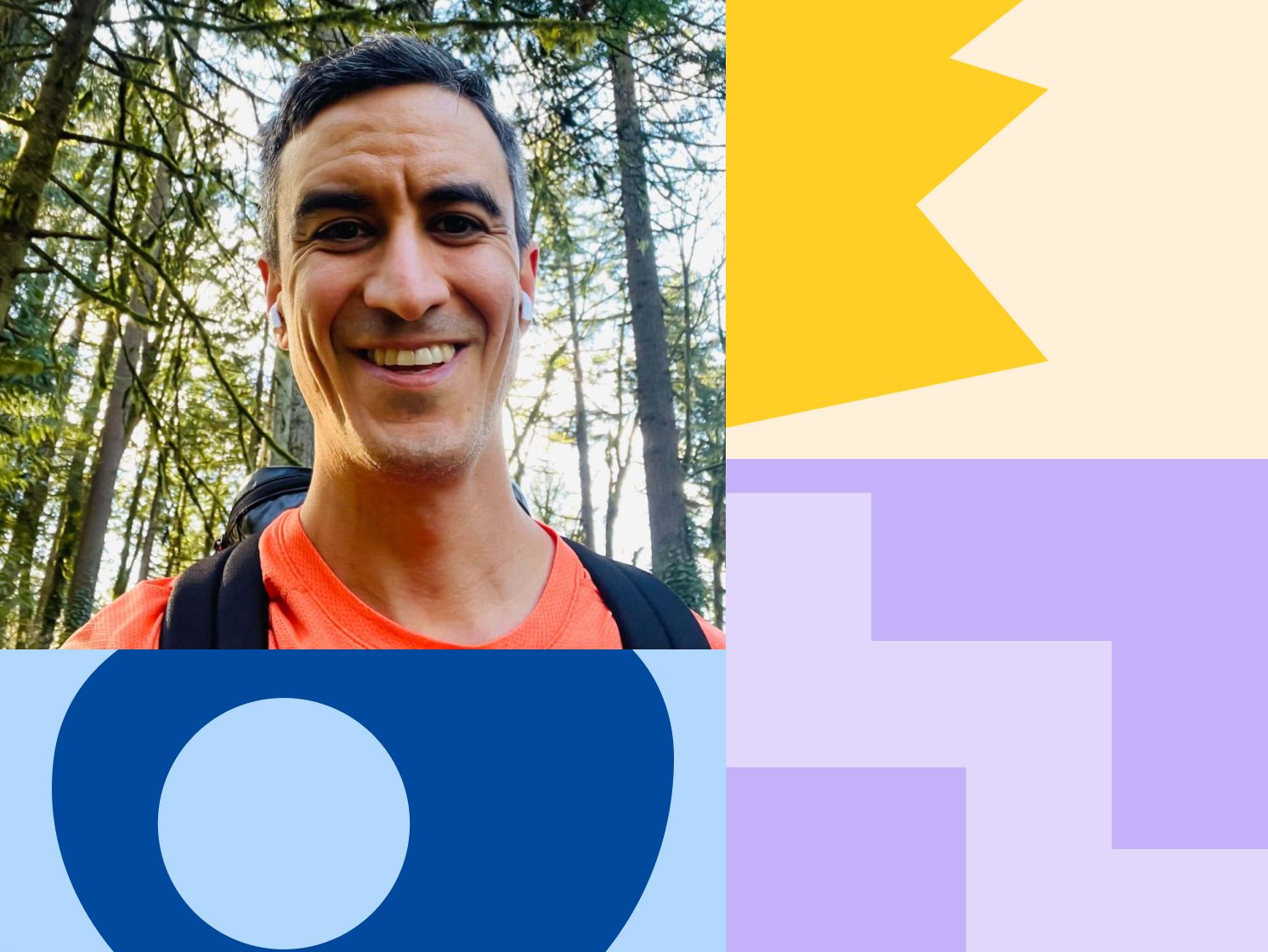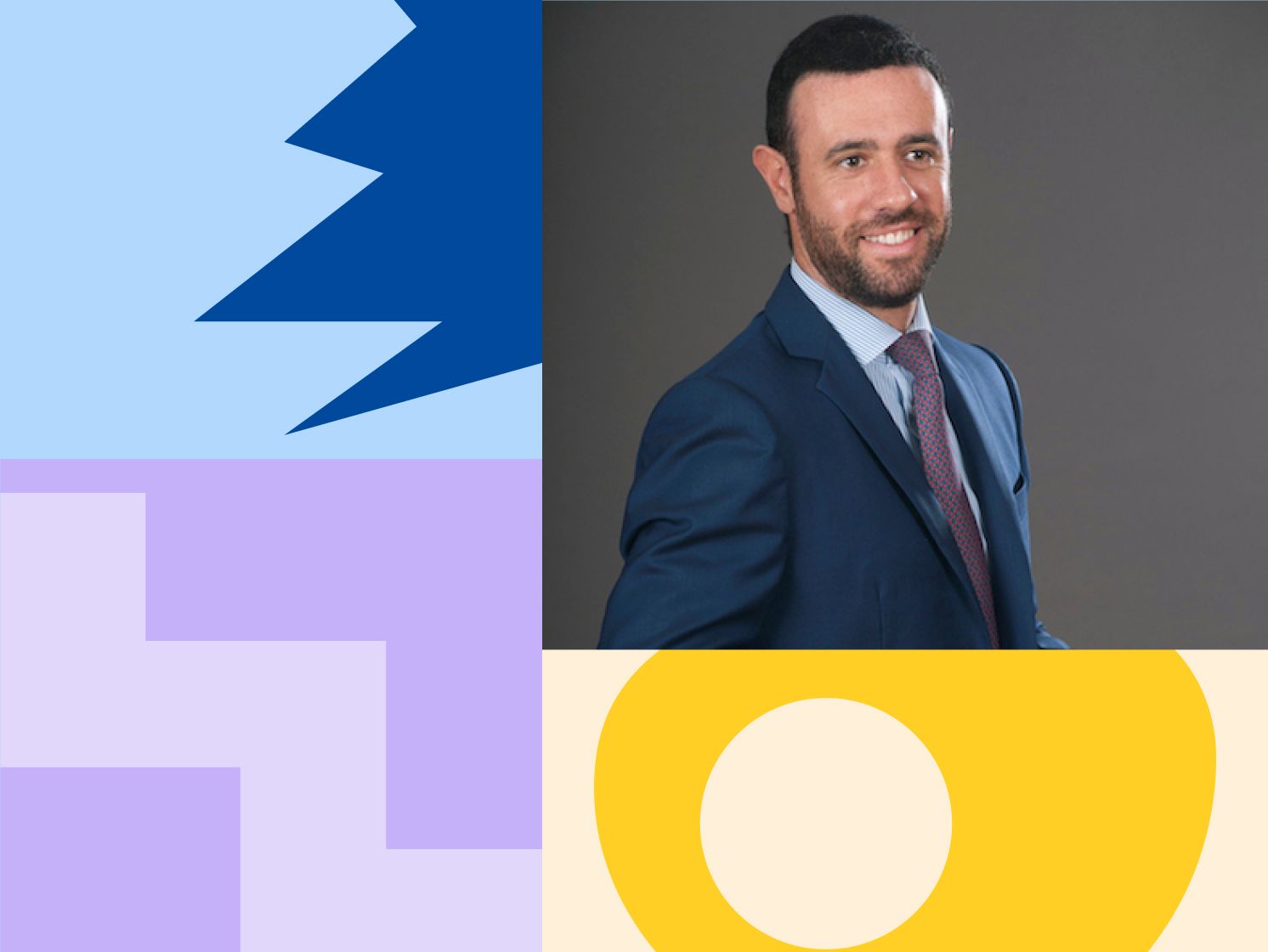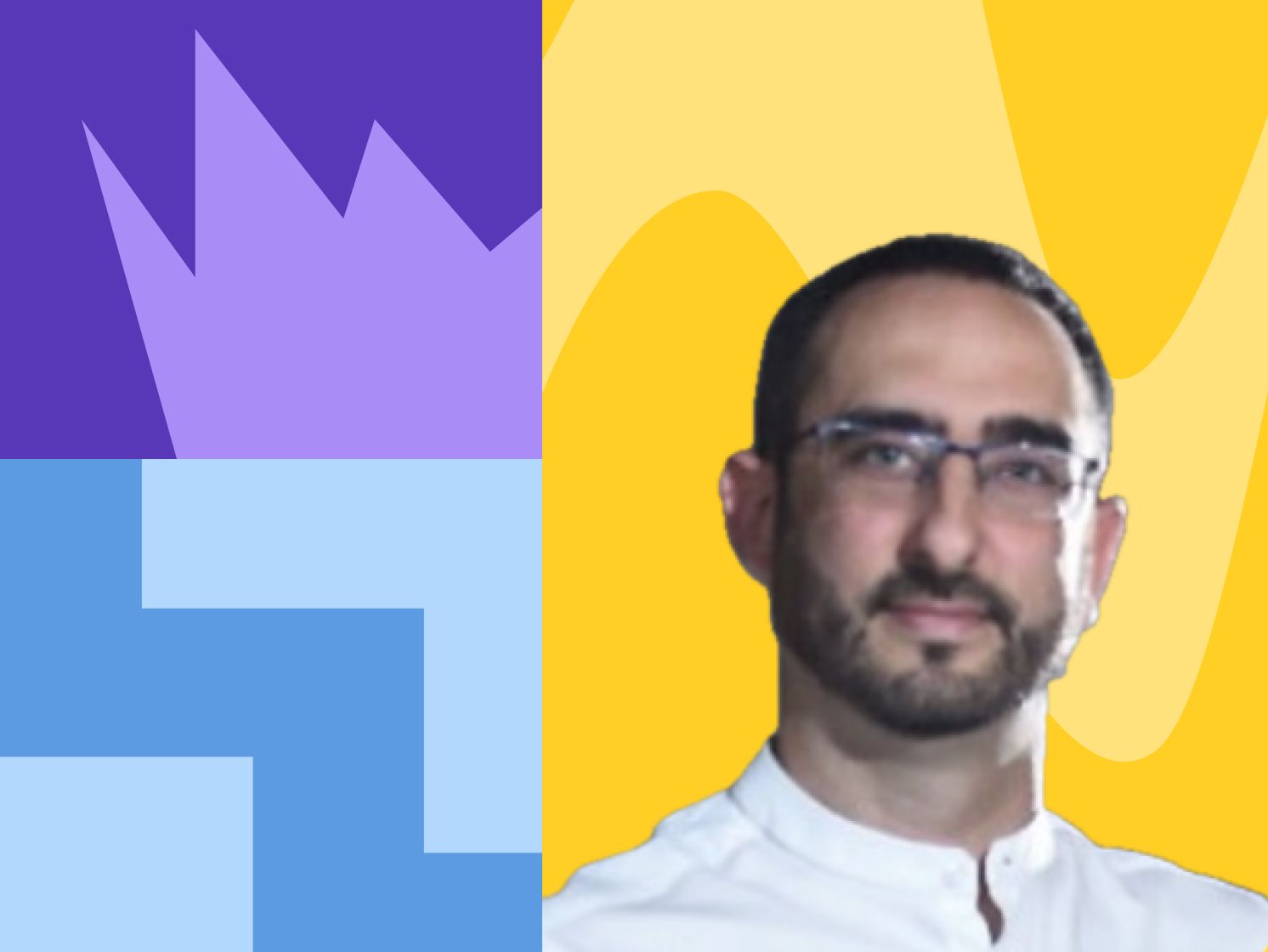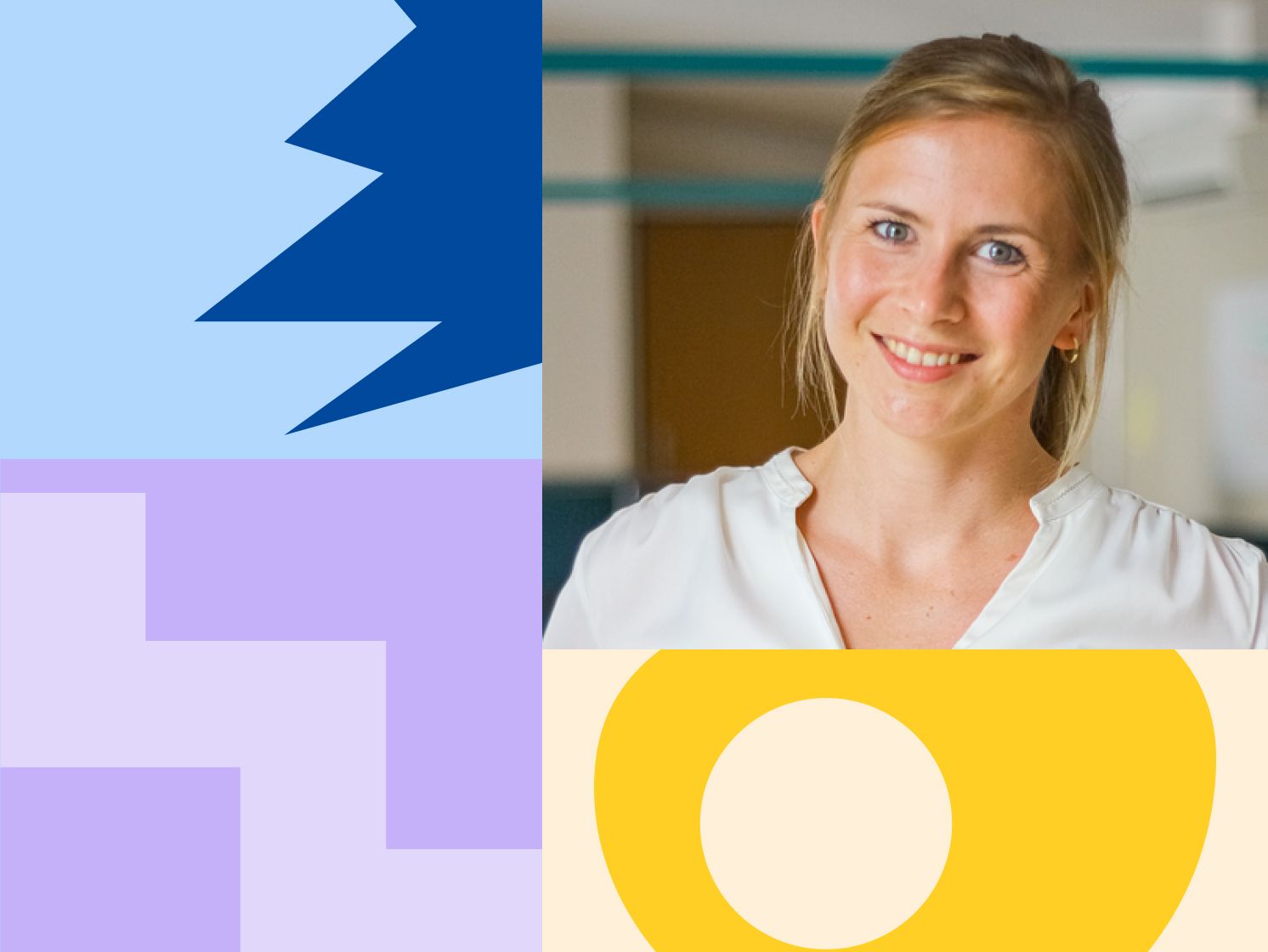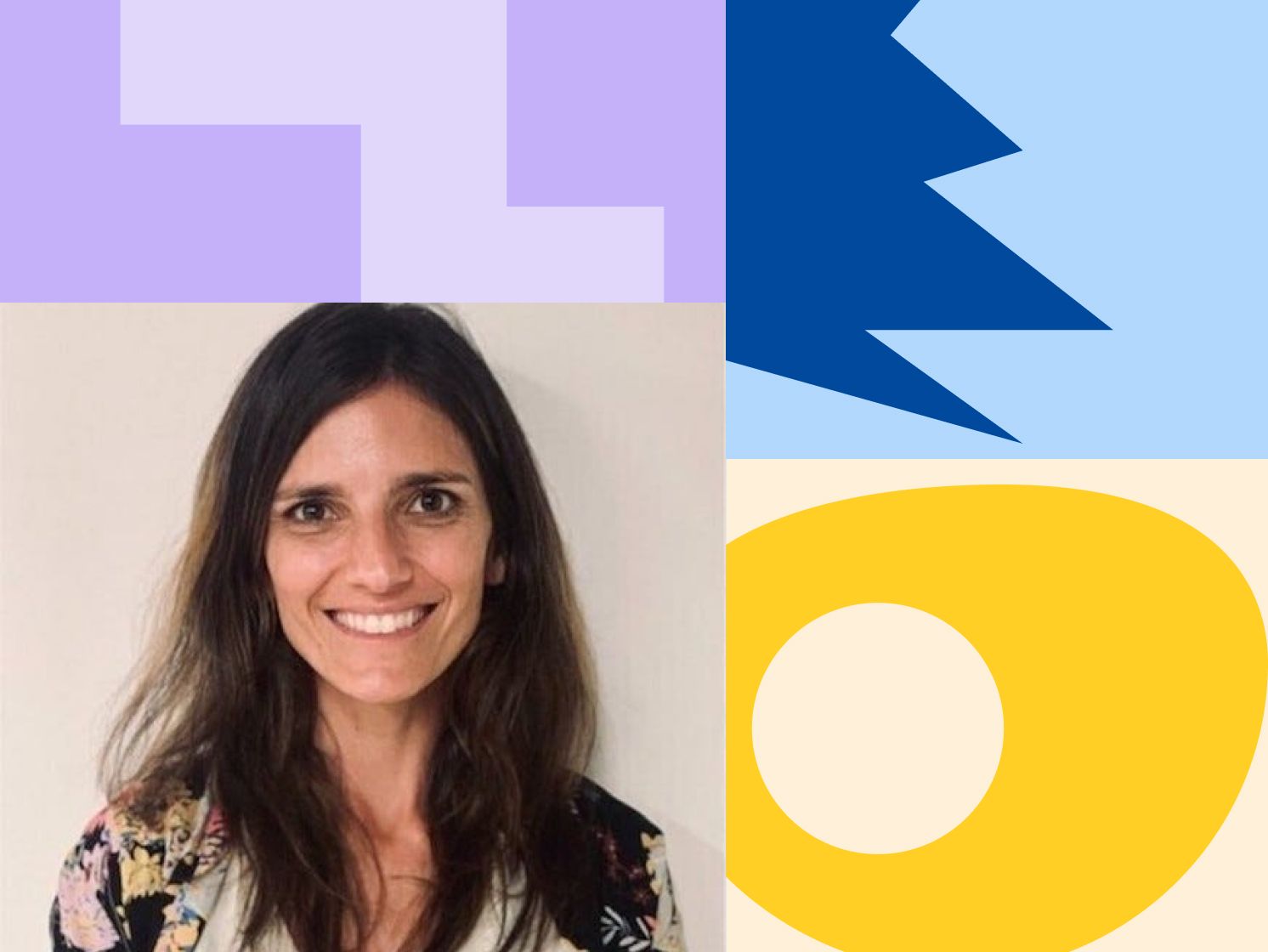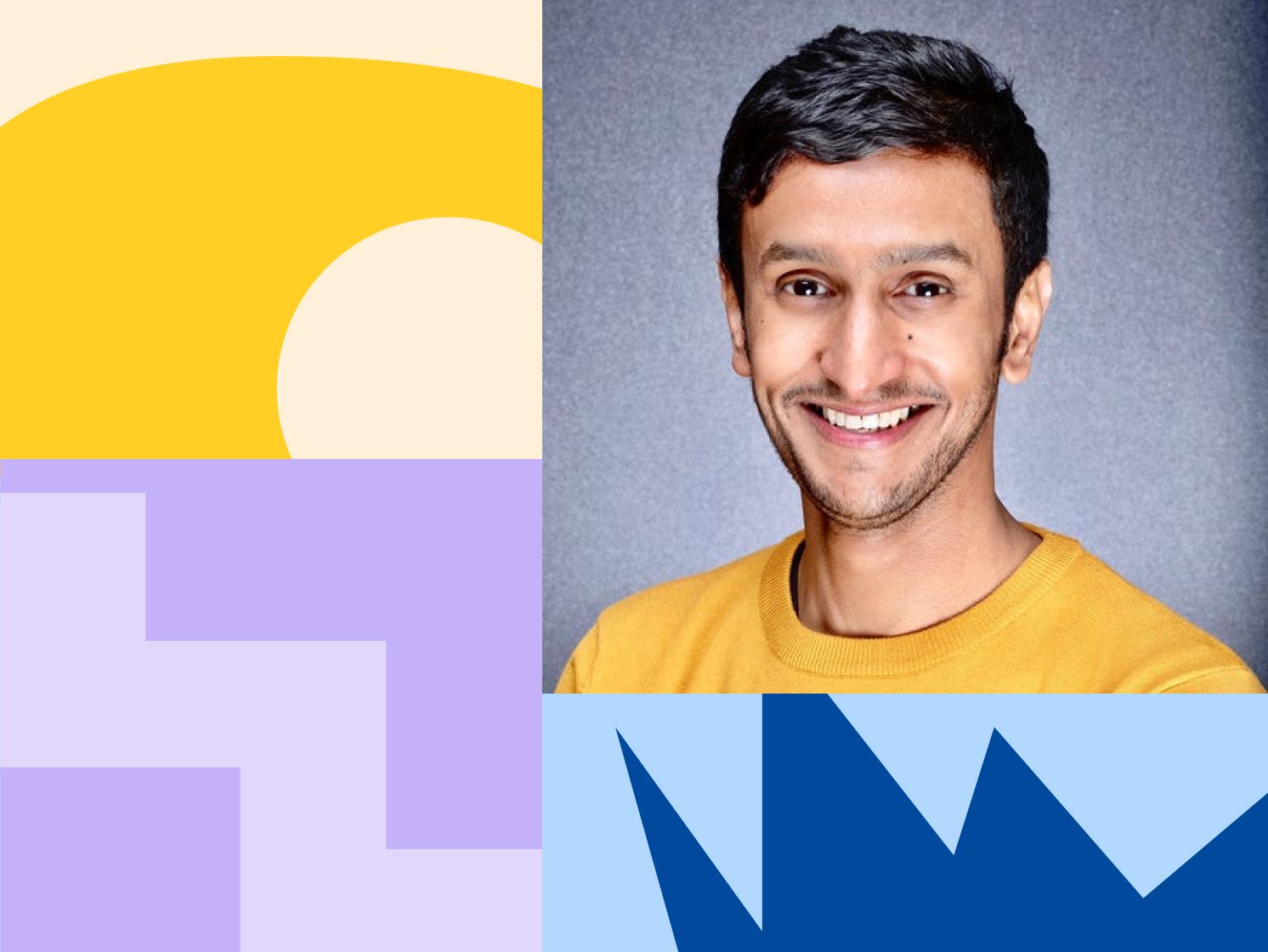Article
4 min read
Meet Deel: Samuel Dahan, Chief Policy Officer and chair of the Deel Lab
Deel Dialogue

Author
Shannon Ongaro
Last Update
January 31, 2025
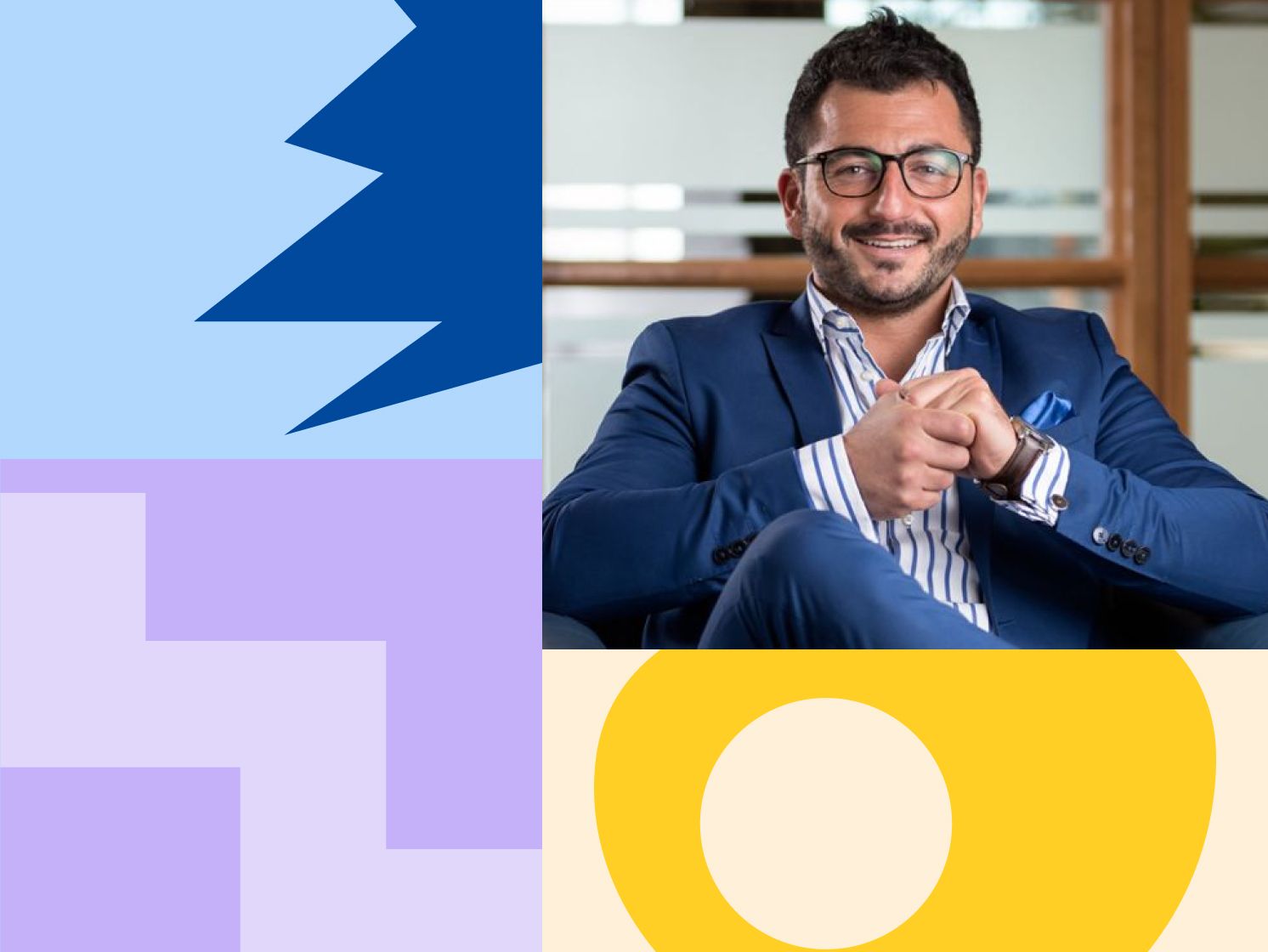
Ensuring legal compliance is the most crucial and complex part of building an international workforce. At Deel, we have a robust legal team that helps guide our compliance efforts, including Samuel Dahan, Deel’s Chief Policy Officer and chair of the Deel Lab.
Prior to Deel, Samuel was a European Union official, first working for the European Commission and then as a cabinet member at the European Court of Justice. Samuel is also a law professor at Cornell Law School in the US and Queen’s University in Canada, where he runs a lab on AI research for compliance and law.
“We developed a lot of AI tools for employment law for workers and employers,” explains Samuel. “Back in 2019, we developed a prototype of an AI classification system, and now my role at Deel is to redevelop that prototype in 150 countries.”
In this interview, Samuel explains how Deel ensures compliance for our clients, the data behind our misclassification algorithm, and more.
What drew you to Deel?
Samuel: Deel in many ways illustrates an example of where work is going. We’re helping bring research to everyone—both workers and employers. Through the collaboration between my university lab and Deel, and now with my role as chief of policy, I can do research that is impactful to both the industry and workers in general. It’s quite exciting.
How does your previous experience compare to working at Deel?
Samuel: Working as an EU official is very different because you’re supposed to look at the pure legal problem without giving too much consideration to business dimension of the law, which is very different from policy work for the industry.
At Deel, you need to take into consideration the strictly legal matter as well as the policy dimension and the business dimension, and how it impacts workers and employers.
It’s more of a multidimensional role than working for an international organization. Regarding my academic role, believe it or not, there are many similarities, because what I do at Deel now is mostly research and development along with policy engagements.
How has Deel changed international hiring compliance?
Samuel: Until Deel (and other players in the market) came around, there was only one solution to hiring global workers: independent contracting. Which is great in one way, but it comes with a lot of risks.
It’s a struggle for a company that wants to expand abroad or even hire talent they don’t have at home. Navigating foreign labor law and tax systems is an absolute hassle. Now with Deel, it’s also possible to hire oversea employees through an employer of record.
It is commendable that Deel and other market players in the HR space have enabled smaller companies to hire global workers compliantly at an affordable rate. Whereas before, only large companies who had the ability to establish a legal entity outside their jurisdiction could do that.
How does Deel ensure their clients’ employment contracts are legally compliant?
Samuel: Deel not only tailors the contract, we also monitor the nature of the relationship between the company and the worker.
To most judges in most courts in the world—I wouldn’t say the contract doesn’t matter, but it’s only one factor in determining the nature of the relationship. What’s way more important is what the workers actually do.
For example, if you want to hire me and I work 60 hours every week for you, and you’re my only client, and I’m your independent contractor—I’m not actually. You’re not my client, you’re my boss.
That’s why Deel goes beyond the contract and delves into the actual nature of the relationship. And if there’s a misclassification risk, Deel ensures the worker is classified into the right category. And if they are not, the worker has to transition to an employee status.
How reliable is the Deel Lab’s misclassification algorithm?
Samuel: So, back in the day, Deel developed a rule-based quiz to determine the status of workers. What we’ve done with the Deel Lab misclassification algorithm is something slightly different based on my previous analytics research as an academic.
We have been gathering all the case law in every system in the world and have trained a machine learning algorithm that learned how judges think, the patterns, the criteria, and the weight of each criterion.
Our findings suggest that our first models are capable of predicting the odds of winning a case or the odds of being sued. In other words, if this case would end up in court, what would a judge say?
With the data we have so far from Canada and the US, it is possible to predict the status of workers with 90-95% accuracy.
—Samuel Dahan,
Deel’s Chief Policy Officer and chair of the Deel Lab.
It’s also explainable. When the machine spits out an answer—unlike ChatGPT or other AIs—it gives the reason and sources as to why it came up with that answer. Explainability is key not only because this is a legal obligation required by the GDPR and other regulations that impose an explainability requirement, but also because it is essential to the legitimacy of the models.
For example, a worker could use the assessment and answer a series of questions that are very detailed about the nature of their employment relationship. And then the machine will say, “Here are the cases from the past that are very similar to your situation. There’s a high chance you are a contractor. There's a high chance you are an employee.”
Right now we’re in the process of launching this tool for 12 countries. Over the next two years, we’ll cover about 150 countries.
What is your favorite thing about working at Deel?
Samuel: I very much enjoy that we’re trying to solve a real-world problem that has been debated for many years. I’ve been teaching and practicing employment law for more than 15 years. This question of worker classification is as old as the notion of work. It’s been around forever.
There have been a few attempts here and there, but to the best of my knowledge, no other organization, private or public, has attempted to develop a global AI system for classification trained on the case law of 150 legal systems. A project of that magnitude will have implications for both legal compliance and policy.
Interested in simplifying and strengthening your international compliance? Learn more about how Deel protects your company or request a 30-minute demo to speak with an expert.
Global Hiring Toolkit
Disclaimer: This article is provided for general informational purposes and should not be treated as legal advice. Consult a professional before taking your next step.

Shannon Ongaro is a content marketing manager and trained journalist with over a decade of experience producing content that supports franchisees, small businesses, and global enterprises. Over the years, she’s covered topics such as payroll, HR tech, workplace culture, and more. At Deel, Shannon specializes in thought leadership and global payroll content.

